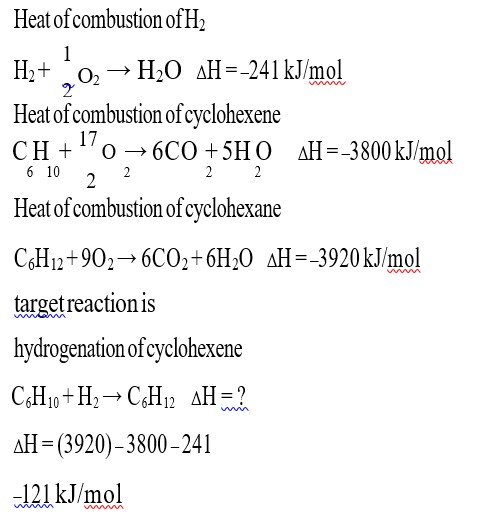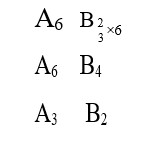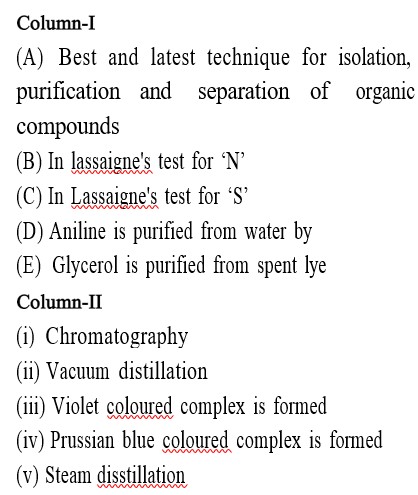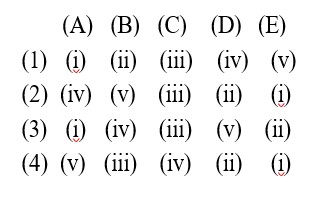Dipole-dipole forces act between the molecules possessing permanent dipole. Ends of dipoles possess 'partial charges'. The partial charge is
(i) More than unit electronic charge
(ii) Equal to unit electronic charge
(iii) Less than unit electronic charge
(iv) Double the unit electronic charge
Dipole-dipole forces act between the molecules possessing permanent dipole. Ends of dipoles possess 'partial charges'. The partial charge is
(i) More than unit electronic charge
(ii) Equal to unit electronic charge
(iii) Less than unit electronic charge
(iv) Double the unit electronic charge
This is a multiple choice answer as classified in NCERT Exemplar
option (iii) less than unit electronic charge
Charge of 1 electron is 1.6 * 10 -19 C and the partial charge is always less than the unit electronic charge.
Similar Questions for you
CH3COOH + NaOH → CH3COONa + H2O
ΔH = –50.6 kJ/mol
NaOH + SA [HCl] → NaCl + H2O
ΔH = –55.9 kJ/mol
the value of ΔH for ionisation of CH3COOH
⇒ ΔH = +55.9 – 50.6
5.3 kJ/mol
Kindly consider the solution
Fact.
Kindly go through the solution
Taking an Exam? Selecting a College?
Get authentic answers from experts, students and alumni that you won't find anywhere else.
On Shiksha, get access to
Learn more about...

Chemistry NCERT Exemplar Solutions Class 11th Chapter Five 2025
View Exam DetailsMost viewed information
SummaryDidn't find the answer you were looking for?
Search from Shiksha's 1 lakh+ Topics
Ask Current Students, Alumni & our Experts
Have a question related to your career & education?
See what others like you are asking & answering




